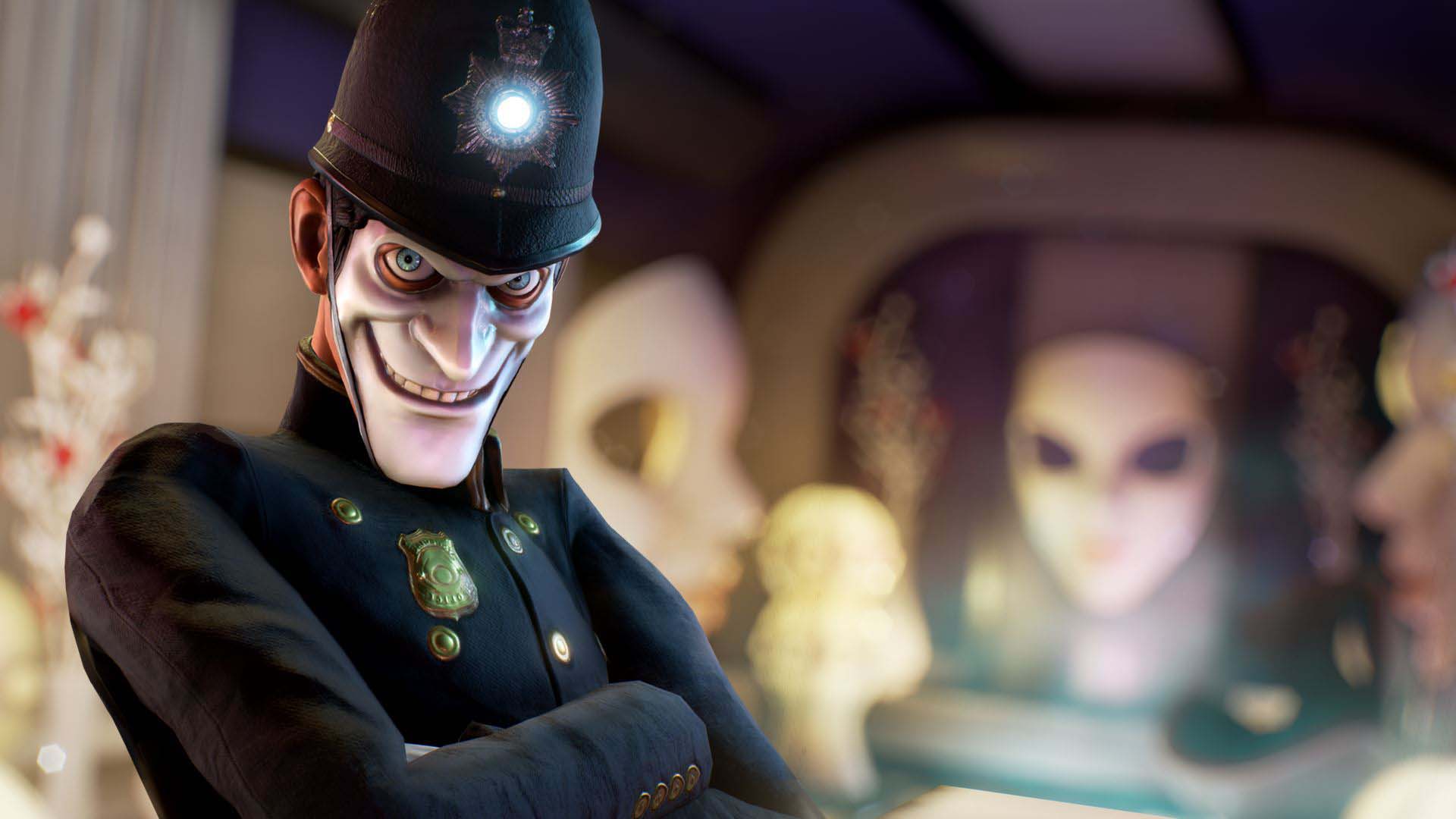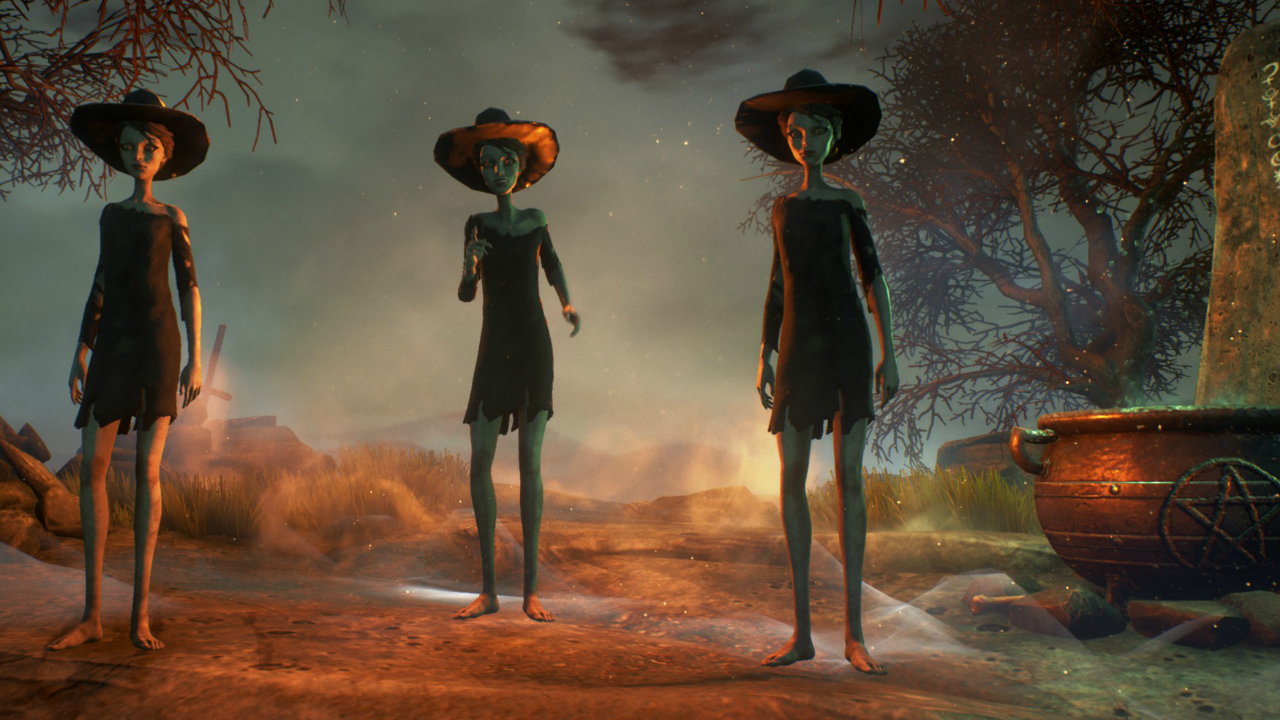We Happy Few, drugs in games, and the Australian Classification Board
Did you know that potions are actually drugs?

The Australian Classification Board has some complicated rules around what can and can’t be given a classification in Australia. Even with our R18+ rating being officially introduced for videogames at the beginning of 2013, games are sometimes refused classification and essentially banned from Australia. This happened to We Happy Few in May, which was refused due to the drug ‘Joy’.
Joy is used by the residents of Wellington Wells—the main location in We Happy Few—to remain happy and to forget some terrible deed that was committed by residents of the town during an alternative history version of World War II. For the classification board, this was a no-no. Because Joy makes the game easier for the player, it was deemed ‘incentivised drug use’ meaning it was tied to ‘new skills or attribute increases, extra points, unlocking achievements, plot animations, scenes and rewards, rare or exclusive loot, or making tasks easier to accomplish’. Even the game's developers feel the Board made the best decision it could.
This decision definitely oversimplifies the way Joy is used in We Happy Few—and it seems the review board recognised that, having turned over their original decision without requesting any changes be made to the game’s content, instead giving it a rating of R18+.
Joy is not just about taking a drug to be happy. It’s about the erasure and manipulation of our history, and societal guilt towards war crimes. If games are going to be considered as valuable as their media siblings—books, movies, and the like—then these sorts of themes need to be allowed to be explored in interesting, nuanced ways. Some of the themes of We Happy Few can be traced to key literary texts like Orwell’s 1984, but while one is now celebrated as a literary masterpiece, the other is being heavily restricted. Ironic that government bodies are suppressing access to a piece of media about suppressing access.

This isn’t the first drug-related run-in with the Australian Classification Board that videogames have had. One of the last infamous interactions occurred when Fallout 3 attempted to be classified here, but needed to be altered to remove references to morphine in-game. Fallout has always featured ‘chems’ that can heighten certain player-character abilities while causing problems and addictions, and tying tangible rewards to a real-life drug—as well as tying this drug-use to visual representations that were a little too similar to real drug paraphernalia—was not acceptable. But apparently changing the name of that player-aiding drug to Med-X and keeping everything else about it pretty much the same is fine.
Plenty of other games involve drugs that benefit the player, or are required for the player to progress: BioShock requires the player to take EVE to progress; the Elder Scrolls has Skooma and its perks and drawbacks; the Witcher series has a range of interesting substances with matching effects; and Heavy Rain involves an addiction to a drug that helps you focus on crime scenes (which isn’t mentioned on its MA15+ classification in Australia). Grand Theft Auto allows players to buy, sell, and take drugs like heroin, cocaine, acid, ecstasy, adrenaline, and marijuana, and then use the resulting cash to make progress. There are simulation games where you literally own and operate Mexican drug cartels.
Mario consumes flowers and mushrooms to grow larger and gain special magical powers, which help him progress. Goodness knows how many games contain items that heal, speed up, and otherwise perk up their users. Potions exist everywhere in gaming.
Sign up to the GamesRadar+ Newsletter
Weekly digests, tales from the communities you love, and more
How are all of these not obvious allegories for drugs? How are these drugs not seen as ‘incentivised’ through their increasing of abilities or for ‘making tasks easier to accomplish’?
I’m definitely not saying that the solution here is for the classification board to revisit every game with a potion in it and quickly remove it from the Australian mainland, starting some sort of Mario-black market in the shadowy corners of Tasmania. But I think we need to revisit something. Games like We Happy Few—games that are telling valuable stories through their art form about the actions of governments and their impacts on people—cannot continue to be banned and restricted in this way, and we can’t afford to fight for months each time a situation like this occurs.


